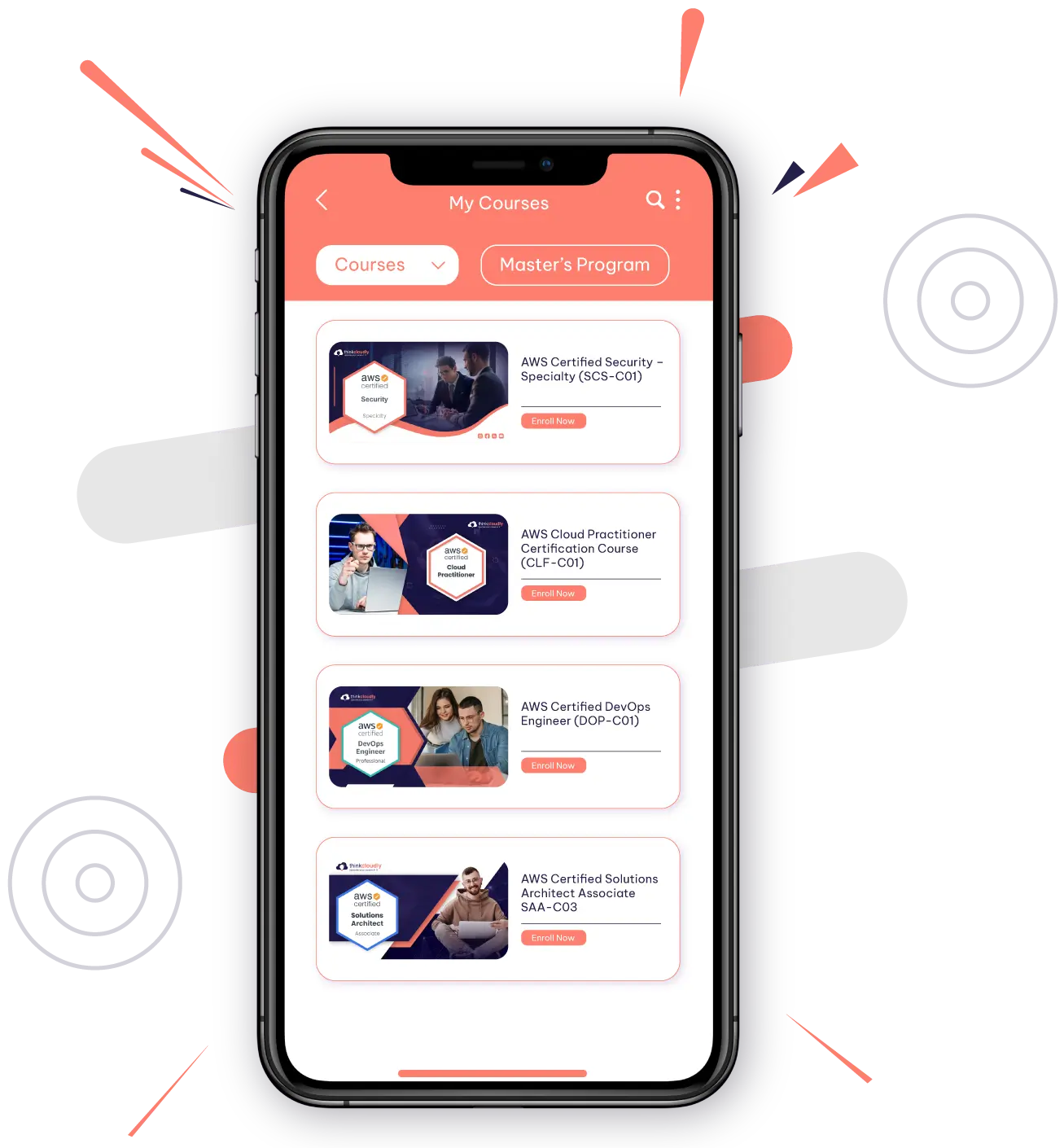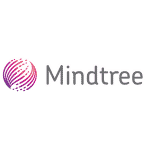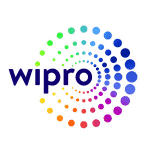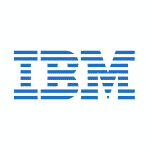Introduction Azure Interview Questions & Answer
Microsoft Azure in today’s world, is one of the leading Cloud Computing platforms that one can name. It is engaged in providing the magnanimous and most diverse spectrum of Cloud services with which, users can get unrestricted access to services which can help them in their development of fresh applications or even work on their existing applications in the public cloud. Azure also has a mark to help as many businesses to flourish, and meet their organizational needs.
So what to expect when you are sitting in the waiting room, ready to deliver your do-or-die interview? Don’t sweat it! If you are in such a position you must have already been worthy of it as you have aced your Azure Certification Path, which makes you knowledgeable in the very field. We have indexed some most commonly asked questions which you can expect in your upcoming interview in 2024.
Here are some Most Asked Azure Interview Questions
that we have listed down for you and might want to prepare for them:
1. Very basic: What is Azure Cloud Service?
This is something that you can answer even in your sleep. But we are jotting down some important points so that you don’t forget!
Microsoft Azure is a public cloud platform which is primarily created to deploy, develop, and manage applications and services in the cloud. It is the ally of numerous businesses as it grants plentiful services such as automated scaling, load balancing, and seamless integration with the assistance of programming languages and frameworks which ultimately satisfy the user’s needs.
2. What are the key differences between Azure and AWS?
Some basic points to remember:
- Azure uses Azure SQL Database, whereas AWS uses Amazon RDS
- The deployment services are Azure Virtual Machines and Amazon EC2
- The Networking services are Load Balancer and Elastic Load Balancer respectively
- Azure uses Azure Backup, while AWS uses Amazon Glacier for backups
And many more
3. How did you Learn Azure?
Let the interviewer know how and where you got to know the basics of the Azure ecosystem. It could be a Azure Certification course, self-study, internship, job, or any experience that you have gone through to learn about this vast topic. The essential part is to let them know that you have practical knowledge about it as well, and that you are willing to learn more about it in the coming future.
4. What is Azure Active Directory (Azure AD)
Azure AD is a Cloud-based IAM solution and directory which was introduced by Microsoft. It is the glue that holds the application access management, core directory services, and identity protection and later turning it into a single solution. It provides internal and external resources to the users and is majorly used by IT Admins, App developers, Azure, Office 365, Microsoft 365, or Dynamics CRM subscribers
5. What is Azure Data Factory?
Azure Data Factory is a data integration platform which is primarily used for the creation of ETL and ELT pipelines. It is essential in the making of data-driven workflows which is a tool for planning and execution of data movements and data transformation.
6. What is the difference between IaaS, Paas and SaaS?
These are the three types of service models of Cloud Computing. The key difference can be that :
Infrastructure as a Service (IaaS) offers components like OS, networking capabilities, etc, and is used to host applications. The examples can be Azure Virtual Machine and Azure VNET
Platform as a Service (Paas) allows developers to create and manage applications without the concerns of infrastructure or management of the hosting environment. The examples are Azure SQL and Azure Storage.
Software as a Service (SaaS) is concerned with the usage by organizations, which is usually paid just like IaaS. Examples are Office 365 and Salesforce
7. What are the benefits of Scaling?
Azure uses a useful feature known as Autoscaling to perform this action. It effectively helps in dealing with changing demands in Cloud Services, Mobile Services, Azure Virtual Machines, and Websites. Some benefits of it are:
- Enhancing the application performance
- Adjusting the scale according to the preferences of the user
- Setting up the scale timings
- Being extremely cost-effective
8. What are the two types of Queues granted by Azure?
Storage Queues is one of the types of Queues offered by Azure to provide messaging within and between services as well as grant the side logs of all transactions executed against the user’s Queues. It is a part of Azure’s Storage Infrastructure and is the perfect fit for the users who need more than 80 GB of storage for their messages.
Another type is Service Bus Queues, which is part of Azure’s messaging infrastructure and provides a FIFO style of delivery. This unfortunately only provides upto 80 GB of queue size but it is responsible for integrating applications and application components that span various communication protocols, network environments, etc.
9. How is a private cloud different from a public cloud?
A private cloud is mainly made for the individual enterprise which enables a firm to have applications in the cloud as well as being involved in tending to issues with respect to data security and control. It is also called an internal cloud or enterprise cloud where the user’s data is protected.
10. What is Azure Storage Key?
The fundamental usage of Azure Storage Key is to authenticate access depending on the project requirements.
There are two types of storage keys:
- Primary access key
- Secondary access key
Conclusion
By referring to the above questions, prepare yourself for some similar interrogation and make sure that you don’t leave any details and reply smartly even if you forget something. These interviews are to identify who is confident in their field and their knowledge about it, and if you are well prepared, you can get accepted easily!












No comment yet, add your voice below!